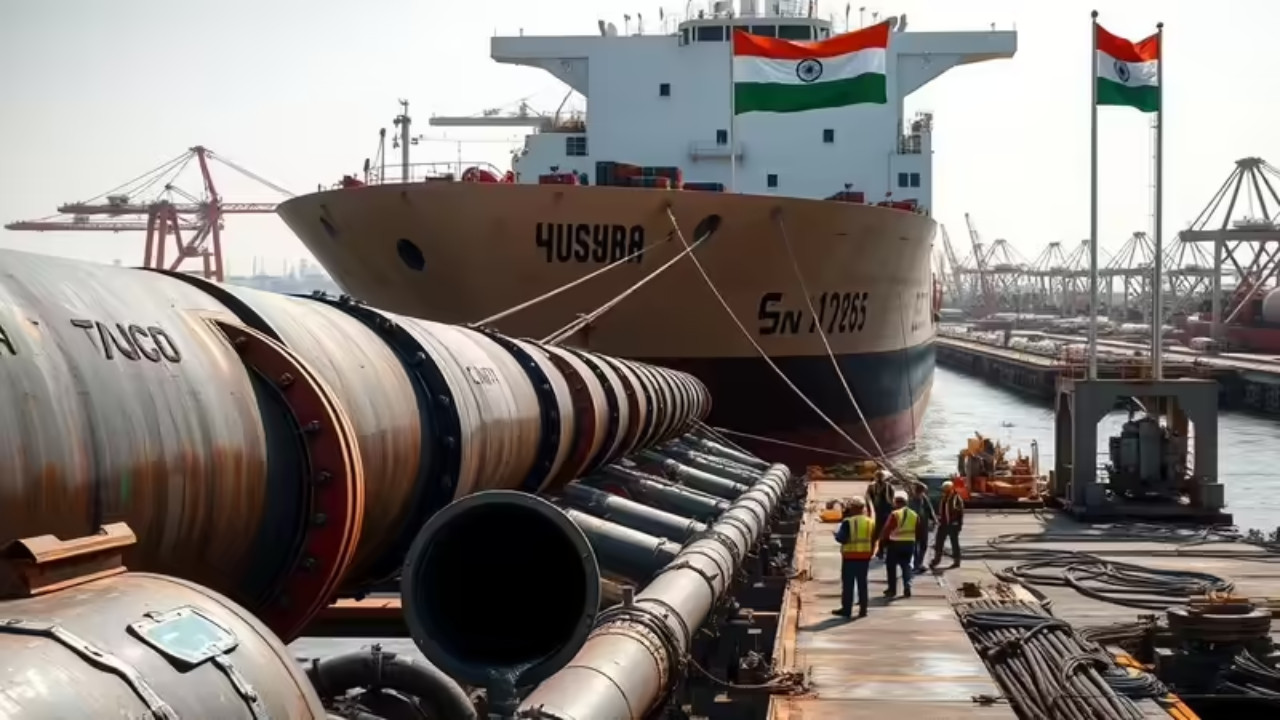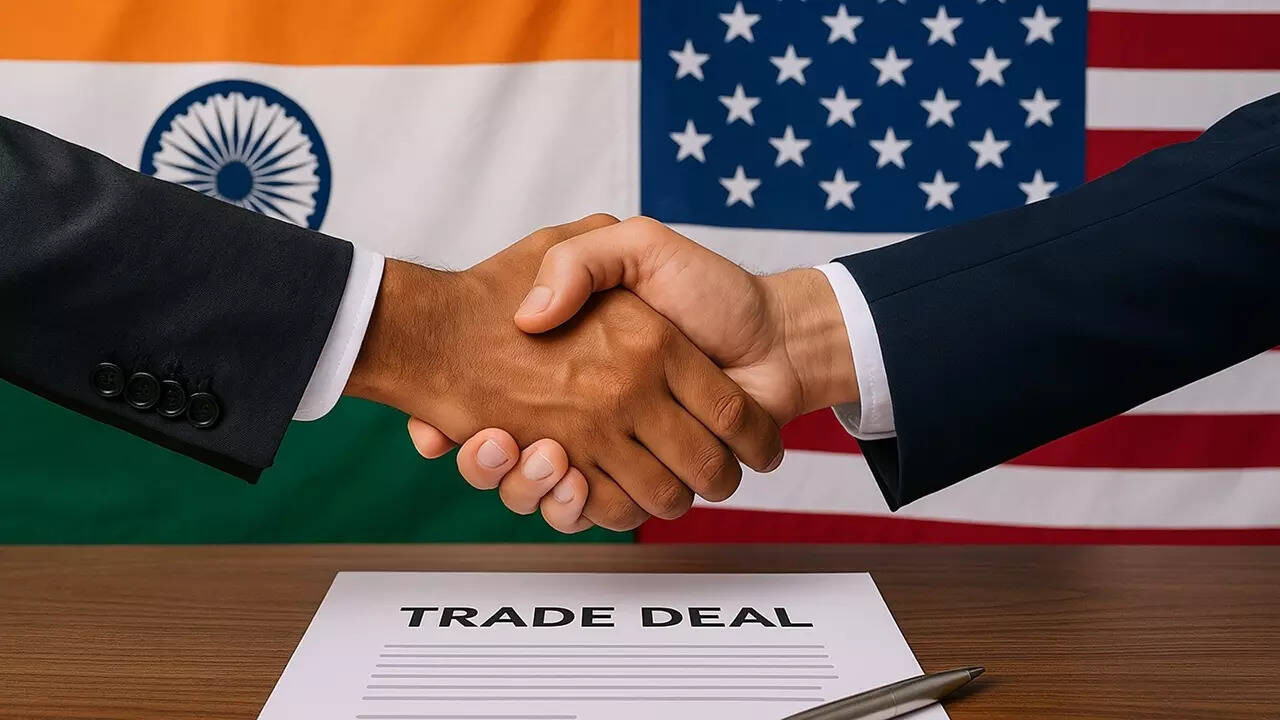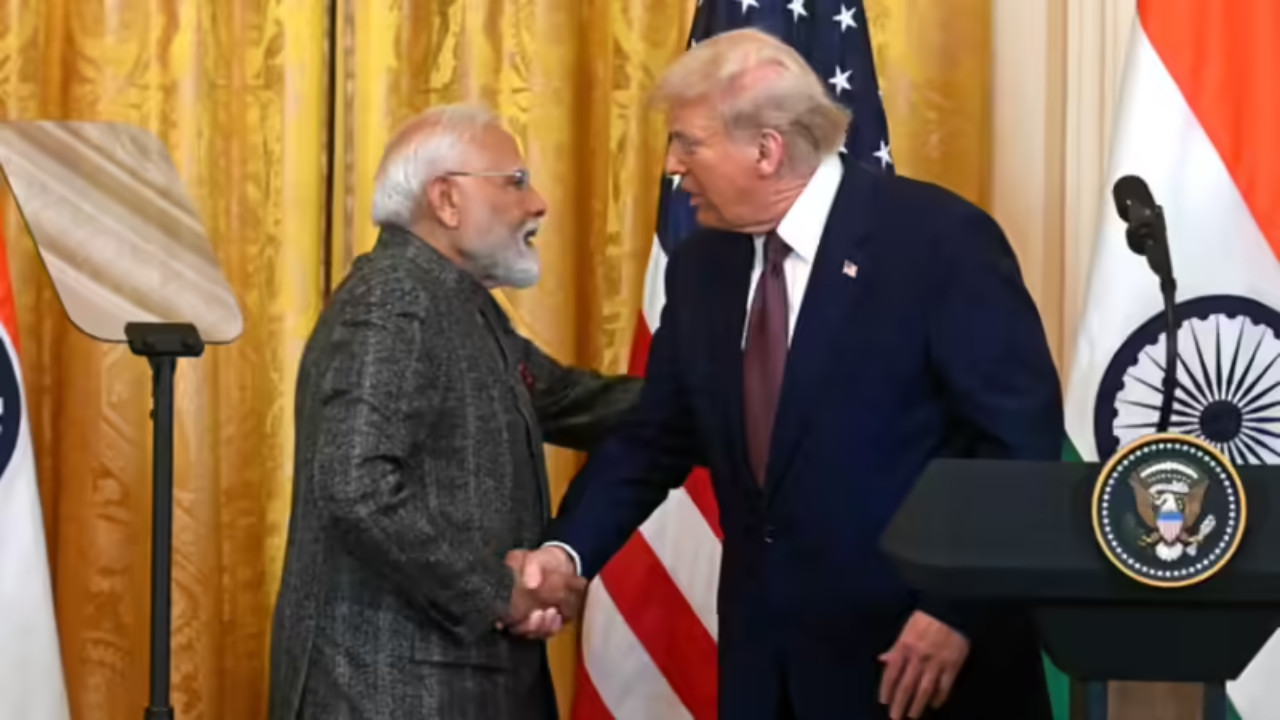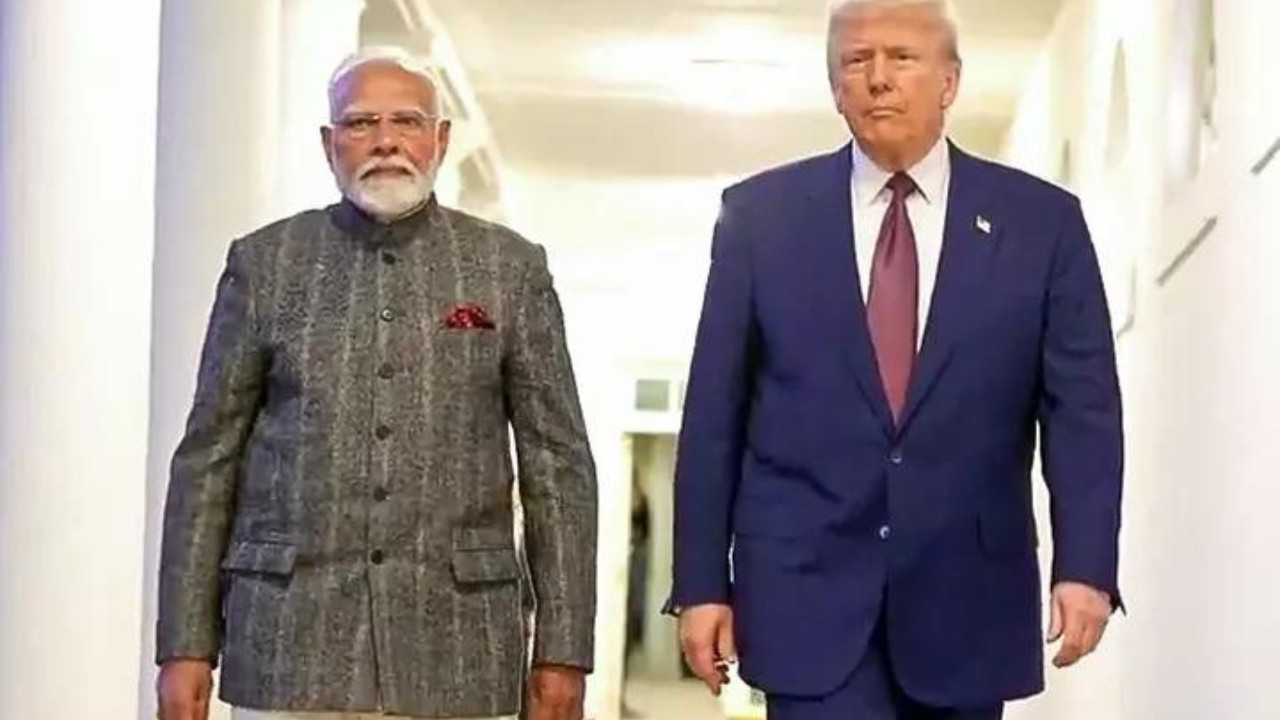Ahead of Prime Minister Modi’s UK visit, foreign secretary Vikram Misri on Tuesday addressed concerns over Western pressure regarding Russian oil imports, emphasizing India’s priority is its energy security. He cautioned against double standards in the global energy market, highlighting the need for balance and perspective amidst the European security crisis.
Charting Our Own Course: India’s Energy Security Priorities
The global energy landscape is shifting, and India is navigating these changes with a firm hand on the tiller. Recent discussions surrounding EU sanctions on Russian oil have put a spotlight on India’s energy policy, and the message coming from New Delhi is clear: India will prioritize its energy security, even if it means diverging from Western policies. This isn’t about defiance; it’s about ensuring the nation’s continued growth and prosperity in a volatile world.
The reality is stark. India, a nation with a rapidly growing economy and a massive population, has an insatiable need for energy. To fuel its industries, power its cities, and support its citizens, India relies heavily on imported oil. Simply put, cutting off access to affordable energy sources would have devastating consequences for the Indian economy and its people.

Balancing Global Politics with Domestic Needs
The EU’s sanctions on Russian oil, while aimed at curbing Russia’s ability to finance its war in Ukraine, have created ripples across the global energy market. These sanctions have led to price volatility and supply chain disruptions, making it more challenging and expensive for countries like India to secure the energy they need.
India’s position is not about supporting Russia’s actions. Rather, it’s a pragmatic recognition of its own vulnerabilities. The government has consistently called for a peaceful resolution to the conflict in Ukraine and has maintained diplomatic channels with both sides. However, it firmly believes that imposing economic hardship on its own citizens in the name of international politics is not a viable or justifiable solution.
Furthermore, India’s stance reflects a broader trend of developing nations asserting their own agency in the global arena. For decades, many countries in the Global South have been reliant on Western nations for aid and guidance. Now, these nations are increasingly charting their own courses, prioritizing their own national interests, and seeking to forge their own paths to development. India, as a major player in the developing world, is at the forefront of this shift.
Diversification is Key to Energy Security
While securing affordable energy is paramount, India is not solely relying on Russian oil. The government is actively pursuing a strategy of energy diversification, exploring alternative sources of supply, and investing heavily in renewable energy technologies.
This diversification strategy involves strengthening partnerships with other oil-producing nations, such as those in the Middle East and Africa. It also involves exploring new sources of energy, such as natural gas and biofuels. Crucially, India is making massive investments in renewable energy, with ambitious targets for solar, wind, and hydropower. The country understands that transitioning to a cleaner energy future is not just environmentally responsible, but also essential for long-term energy security. You can read more about India’s investment plans in the green hydrogen sector here.
India’s Tough Stand on Energy Security: A Calculated Risk?
India’s firm stance on securing its energy needs, even in the face of international pressure, is a calculated risk. It may draw criticism from some quarters, but it’s a decision driven by the fundamental need to protect its economy and its people. The government believes that it has a responsibility to ensure that the country has access to the energy it needs to grow and prosper, and it is willing to take the necessary steps to fulfill that responsibility.
This approach also highlights the complex realities of global politics and the challenges of navigating a world where energy security, economic stability, and geopolitical considerations are inextricably intertwined. There are no easy answers, and each nation must make its own decisions based on its own unique circumstances. India, with its vast population and its ambitious development goals, is choosing to prioritize its energy security, and that decision will have significant implications for the global energy landscape in the years to come.
What Does This Mean for the Future?
India’s assertive approach to its energy needs signals a shift in the global power dynamic. Developing nations are increasingly willing to assert their own interests and challenge the traditional dominance of Western powers. This trend is likely to continue in the years to come, and it will reshape the global political and economic order. How the West and other nations react and adapt to this shift will be vital in shaping the future of international cooperation. The choices made now will have a lasting impact on global energy security and international relations.







